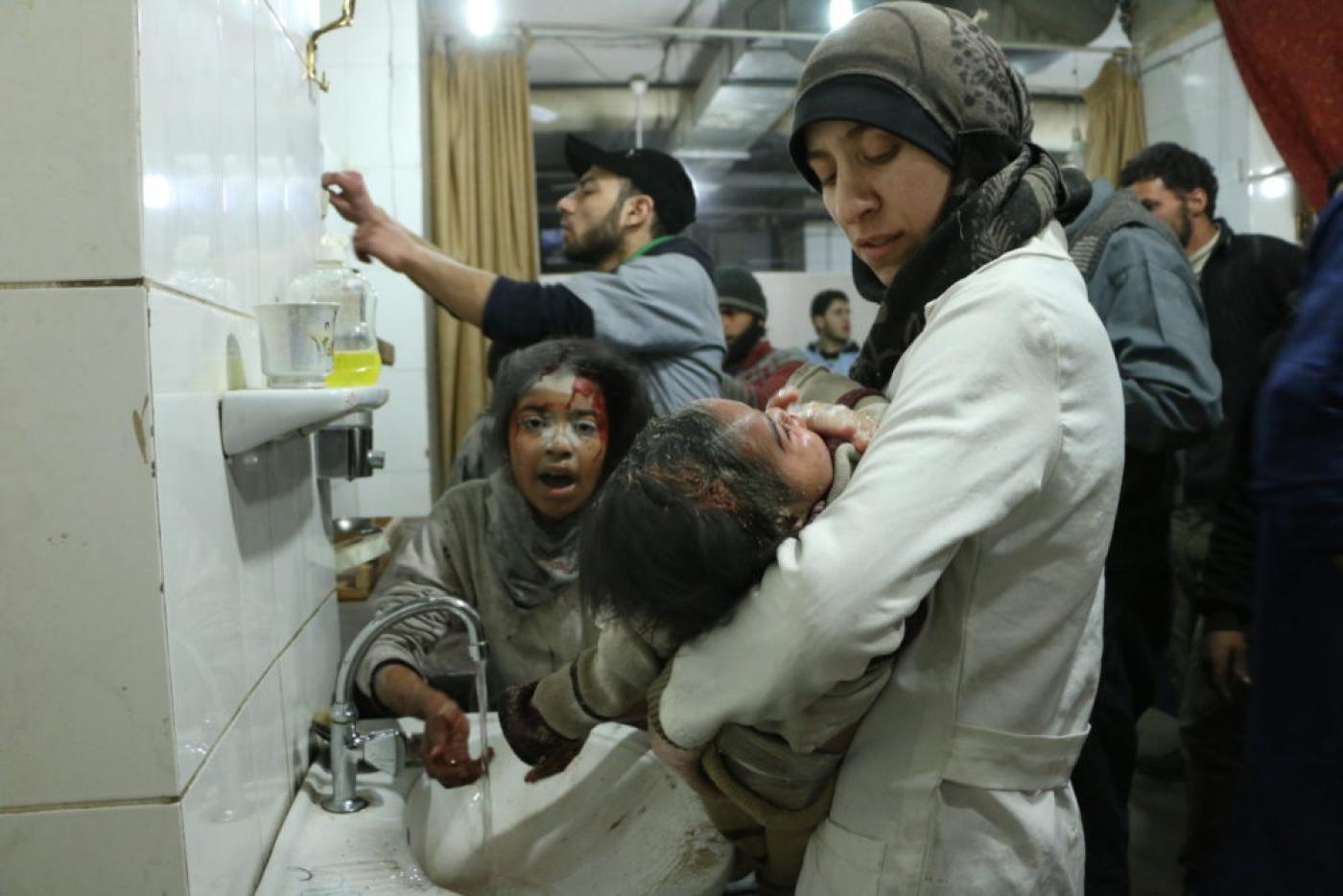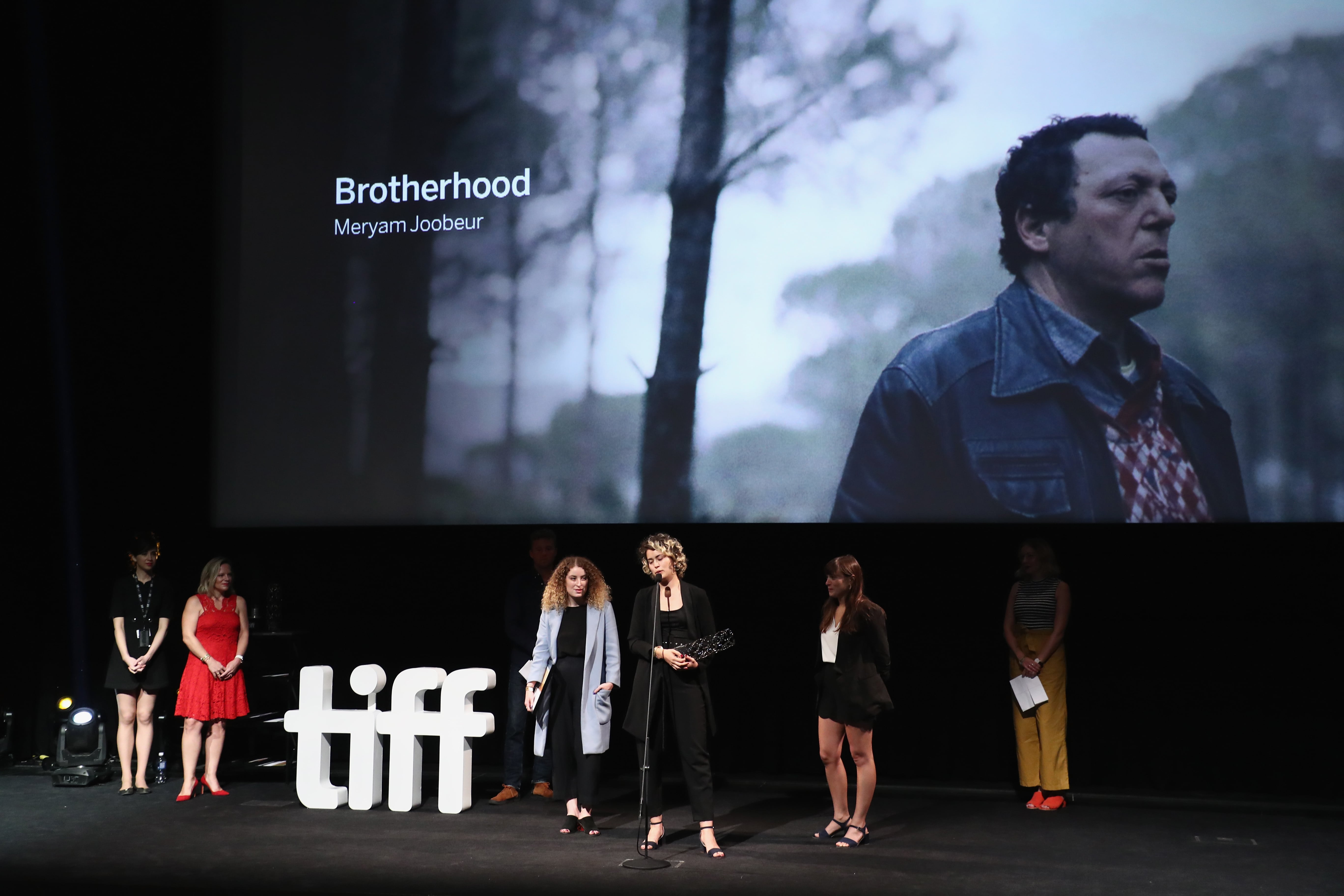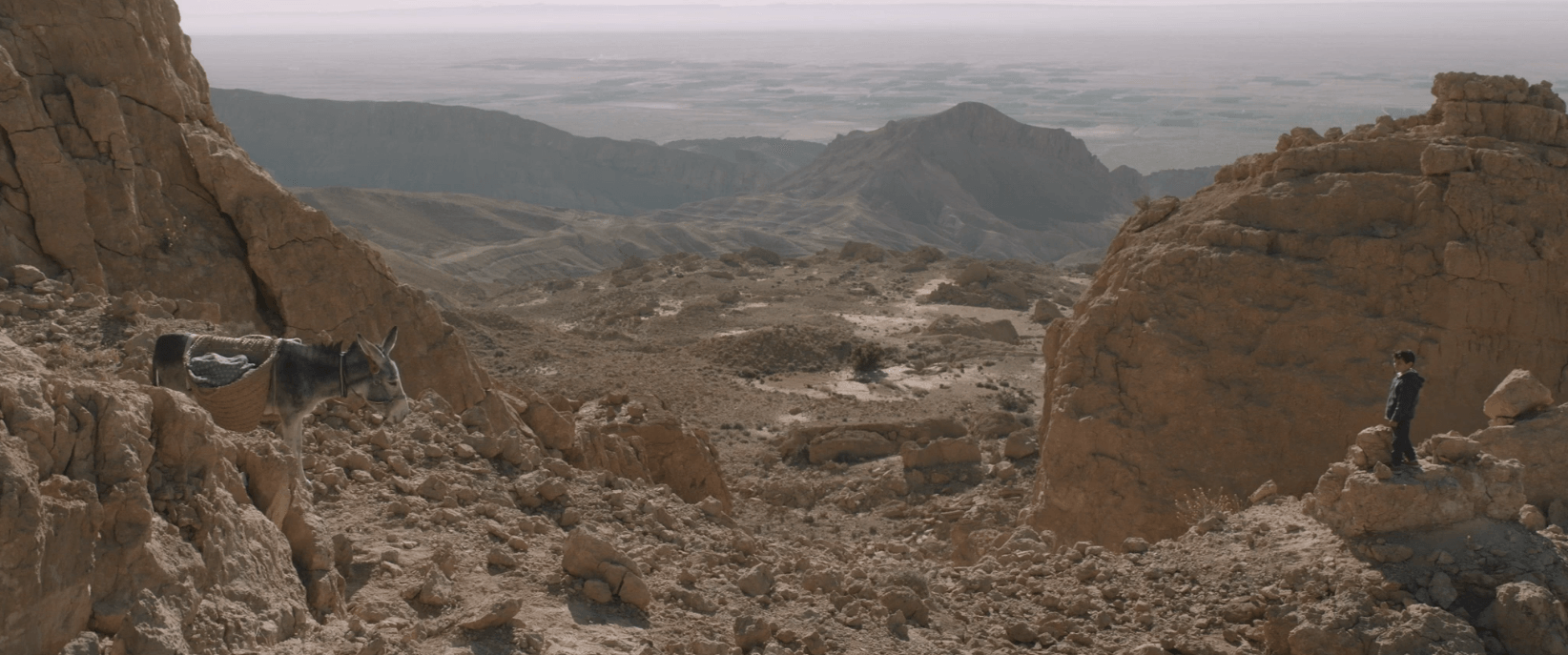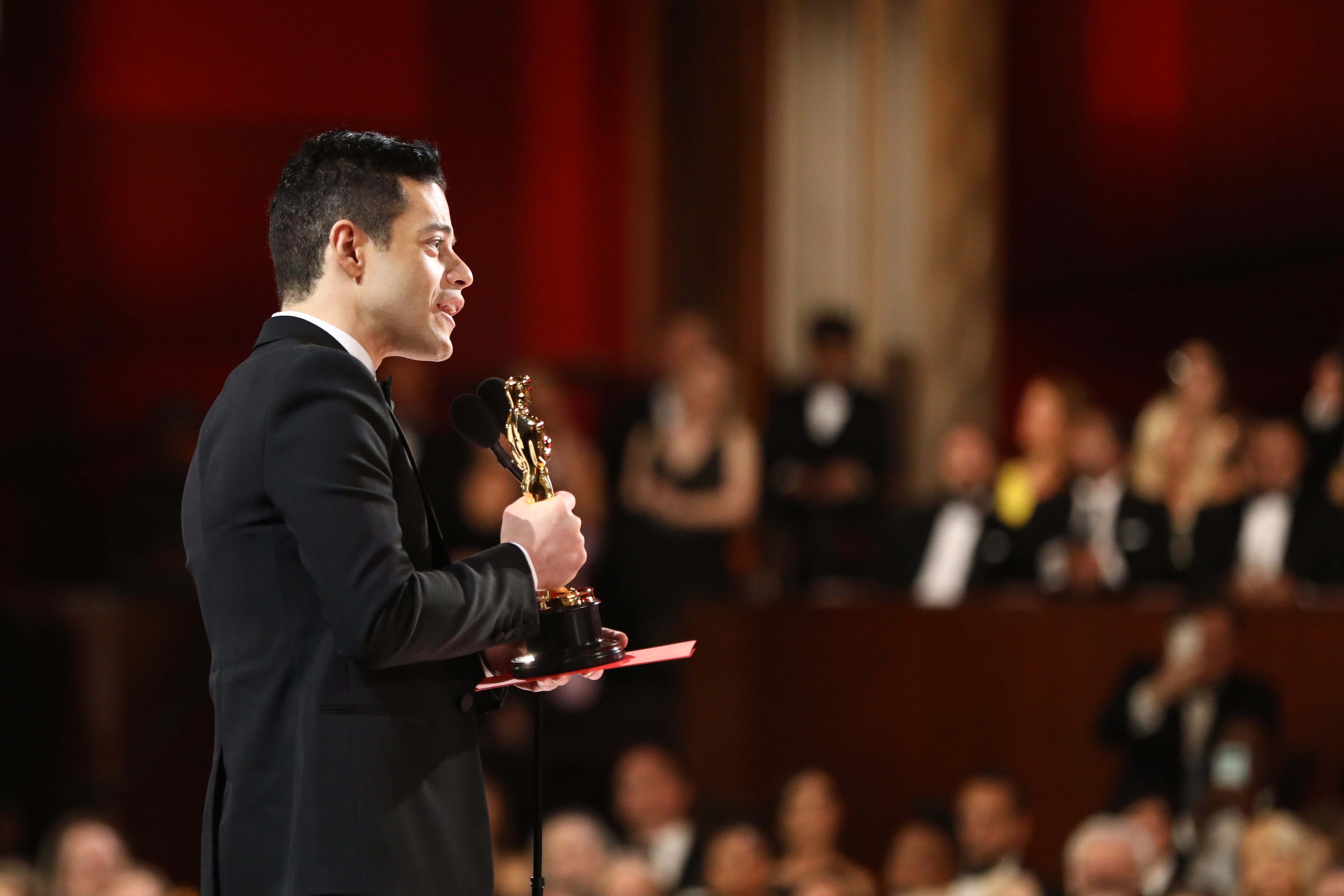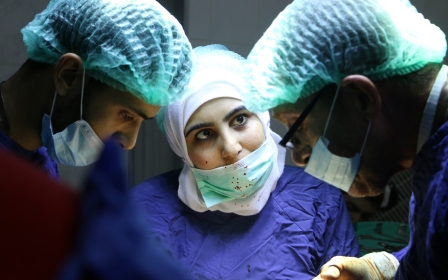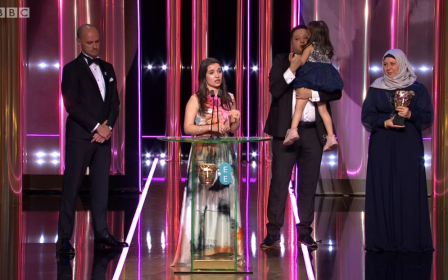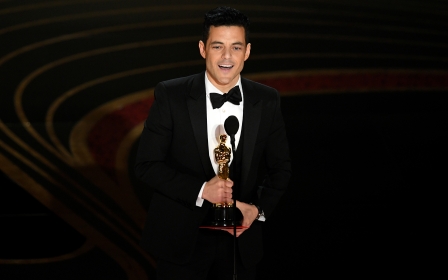Oscars 2020: These are the Arab and Muslim names to look out for
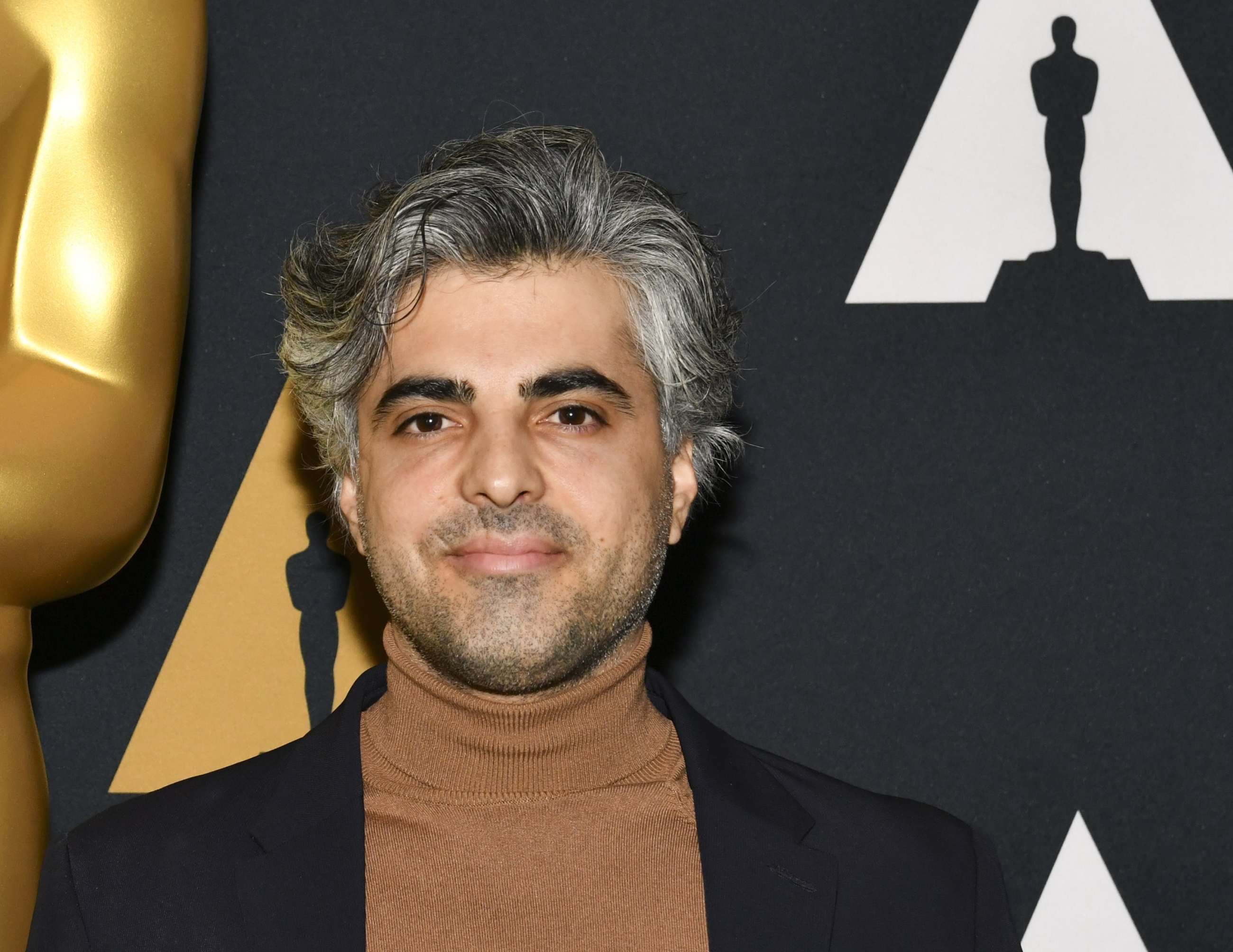
The film and TV awards season culminates on Sunday with the 92nd Academy Awards - better known as the Oscars - in Hollywood. But what are the chances for Arab nominees and narratives?
If the past few weeks are any indication, then the signs are positive. At the Golden Globes in January, stand-up comedian Ramy Youssef won best actor in a comedy series for Ramy - a fictionalised glimpse into his life as an Egyptian-American Muslim in a politically-divided New Jersey.
There have also been multiple wins for Syrian war documentary For Sama, which took home four British Independent Film Awards, as well as best documentary at the BAFTAs last weekend.
In recent years, Arab and Muslim talent has shone at the Oscars. In 2019, Egyptian-American Rami Malek won best actor for Bohemian Rhapsody. And Mahershala Ali, an Ahmediyya Muslim, picked up two of the past three best supporting actor awards for Moonlight and Green Book. Lebanese films, The Insult and Capernaum, also made the final five nominations in the best foreign film category in 2018 and 2019.
New MEE newsletter: Jerusalem Dispatch
Sign up to get the latest insights and analysis on Israel-Palestine, alongside Turkey Unpacked and other MEE newsletters
From returning stars to documentary and short film nominees, these are the Arab and Muslim names you should look out for at the 2020 Oscars on Sunday:
1. Waad al-Kateab (For Sama)
For Sama tells filmmaker and journalist Kateab’s intimate story of family, tragedy and hope as she documents five years of the uprising in her hometown of Aleppo. The film takes the form of a love letter written by Kateab to her young daughter Sama, who was born during the height of conflict in the northwest Syrian city.
"It's all linked around Sama. Sama not just as my daughter, but as all of the children in Syria," the director told Middle East Eye.
Just four years ago, Kateab and her husband Hamza were hiding with Sama in the basement of the bombed-0ut hospital they had been running, wondering if they would make it out alive to tell their story. They even made a backup plan in case they didn't.
“At one point, we discussed with Channel 4 News where we could bury the footage so if we did not survive, it would not be lost,” Kateab told the BAFTA audience last Sunday.
In a powerful speech, she dedicated For Sama’s best documentary BAFTA win to the “great Syrian people who are still suffering today” and urged those in attendance to “let them hear your voice”.
2. Feras Fayyad (The Cave)
Syrian director Feras Fayyad’s The Cave, set in a hospital in Eastern Ghouta, is also nominated for best documentary.
Like Kateab’s story, it centres around a female lead figure, Dr Amani Ballour, a paediatrician and physician who witnesses daily death and destruction as she treats the victims of air strikes and chemical attacks. Unlike For Sama, there is little sign of hope or closure in The Cave, with no reprieve to the relentless carnage.
“As a Syrian, I have an obligation towards my fellow countrymen,” director Fayyad told Middle East Eye in a wide-ranging interview.
“I’m no longer able to carry the wounded and bury the dead. I’m no longer able to carry arms and defend the place my family resides in. The only thing I can do now is expose the truth, to show what’s happening in Syria to the biggest audience there is.”
Fayyad received his first Oscar nomination in 2018 for Last Men in Aleppo, which follows a group of volunteers in the White Helmet rescue service as they try to save the lives of civilians in the besieged city. His nod at this Sunday’s awards makes Fayyad the first Arab documentary filmmaker to receive two Academy Award nominations.
But both For Sama and The Cave face stiff competition. American Factory - the first film produced by Barack and Michelle Obama’s production company Higher Ground - is thought to be the frontrunner in the documentary category.
3. Meryam Joobeur (Brotherhood)
Middle Eastern hopefuls at this year’s Oscars aren’t only limited to non-fiction features. Tunisian-Canadian director Meryam Joobeur is nominated in the best live-action short film category for Brotherhood. The Arabic-language film tells the story of a young man who returns to his rural family home in Tunisia a year after joining the so-called Islamic State (IS) group - with his new niqab-wearing Syrian wife.
It is estimated that anywhere between 3,000 and 6,500 Tunisian nationals joined IS abroad, making it one of the world's highest rates per capita.
Joobeur’s film has already picked up several awards, including Best Canadian Short Film at the Toronto International Film Festival.
She’s not the first Arab to be recognised by the Academy for a film exploring familial tensions caused by militant Islam. Syrian Kurdish director Talal Derki’s Of Fathers and Sons was nominated for best documentary feature in 2019.
4. Nefta Football Club
If Brotherhood is to win on Sunday, then it will have to beat another Tunisian-based live action short: Nefta Football Club.
The 17-minute film follows two brothers who face a dilemma after stumbling across a donkey carrying bags full of white powder on the Tunisian-Algerian border. French director Yves Piat said the story was inspired by smugglers he met while travelling in the Maghreb 30 years ago.
Whereas Brotherhood is intense and weighty, Nefta Football Club is a more light-hearted tale with a satisfying twist ending.
5. Rami Malek and Mahershala Ali
Actors Rami Malek and Mahershala Ali return to the Oscars this weekend to present awards.
Last year Malek scooped the best actor award for his masterful transformation into Queen frontman Freddie Mercury in Bohemian Rhapsody. In the press room backstage, the 38-year-old spoke in Arabic and celebrated his Middle Eastern heritage.
“As I got older, I realised just how beautiful my heritage and my tradition is; the wealth of culture, magic, music, film, and just pure art that comes out of the Middle East," he told reporters.
Shortly after his Oscar win, Malek was confirmed as the villain in the upcoming James Bond film No Time To Die - to mixed reactions around the world.
Also returning to present is Mahershala Ali, who made history in 2017 by becoming the first Muslim to win an acting Oscar. He picked up his second win last year, becoming the first black actor to win best supporting actor twice.
Ali converted to Islam 19 years ago and is a member of the Ahmadiyya Muslim community, a branch of the religion founded in Punjab during the 19th century based on the teachings of Mirza Ghulam Ahmad.
This article is available in French on Middle East Eye French edition.
Middle East Eye delivers independent and unrivalled coverage and analysis of the Middle East, North Africa and beyond. To learn more about republishing this content and the associated fees, please fill out this form. More about MEE can be found here.




